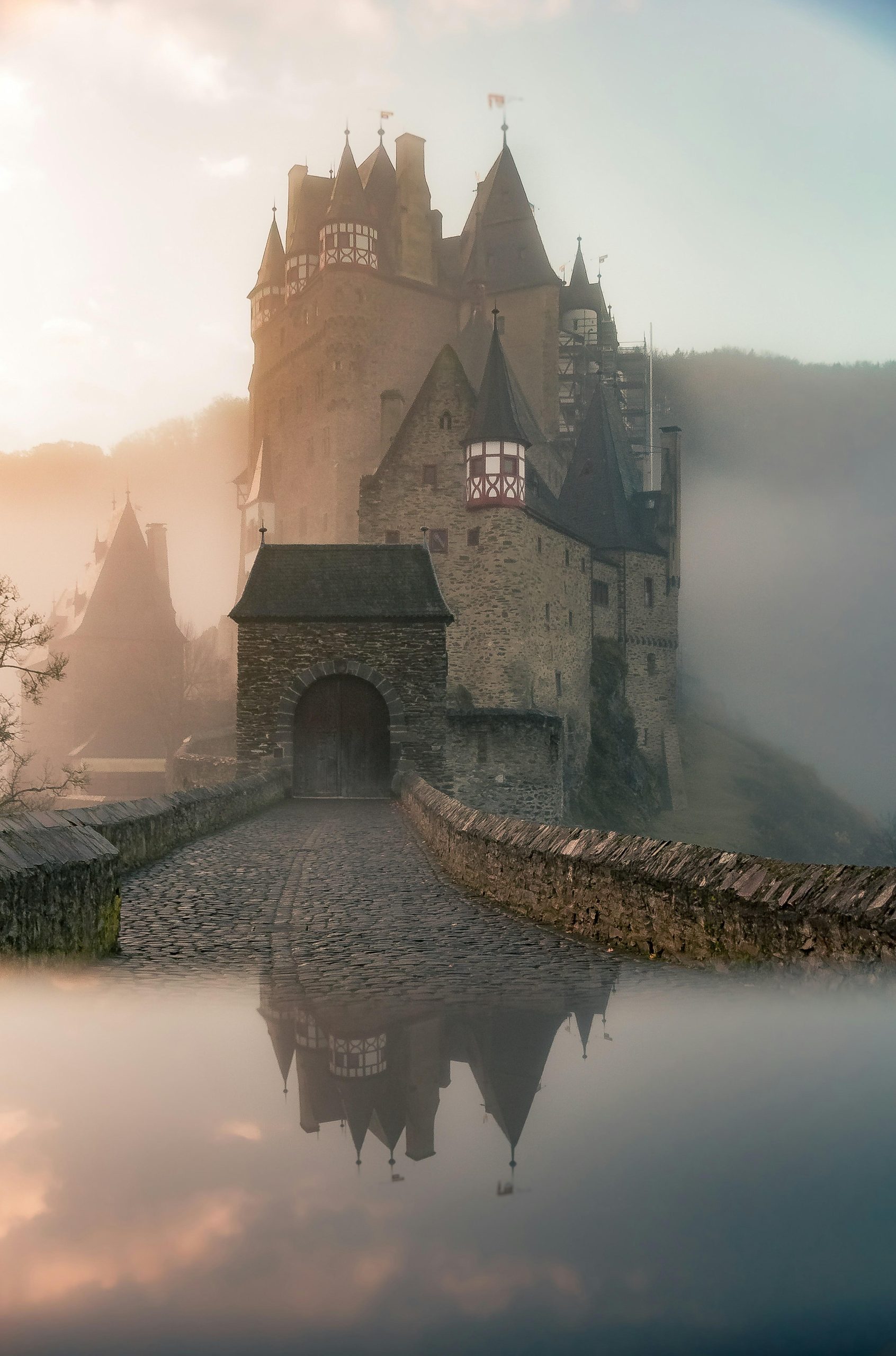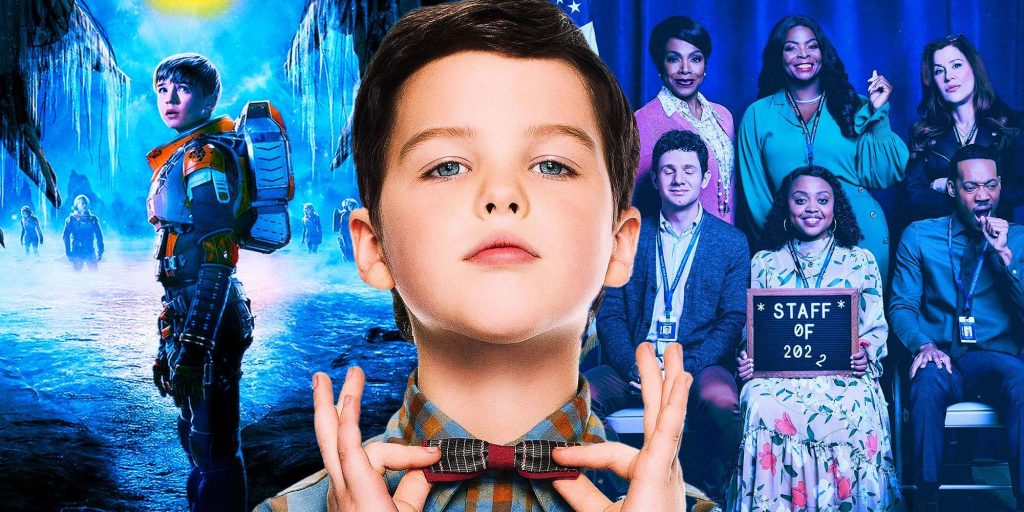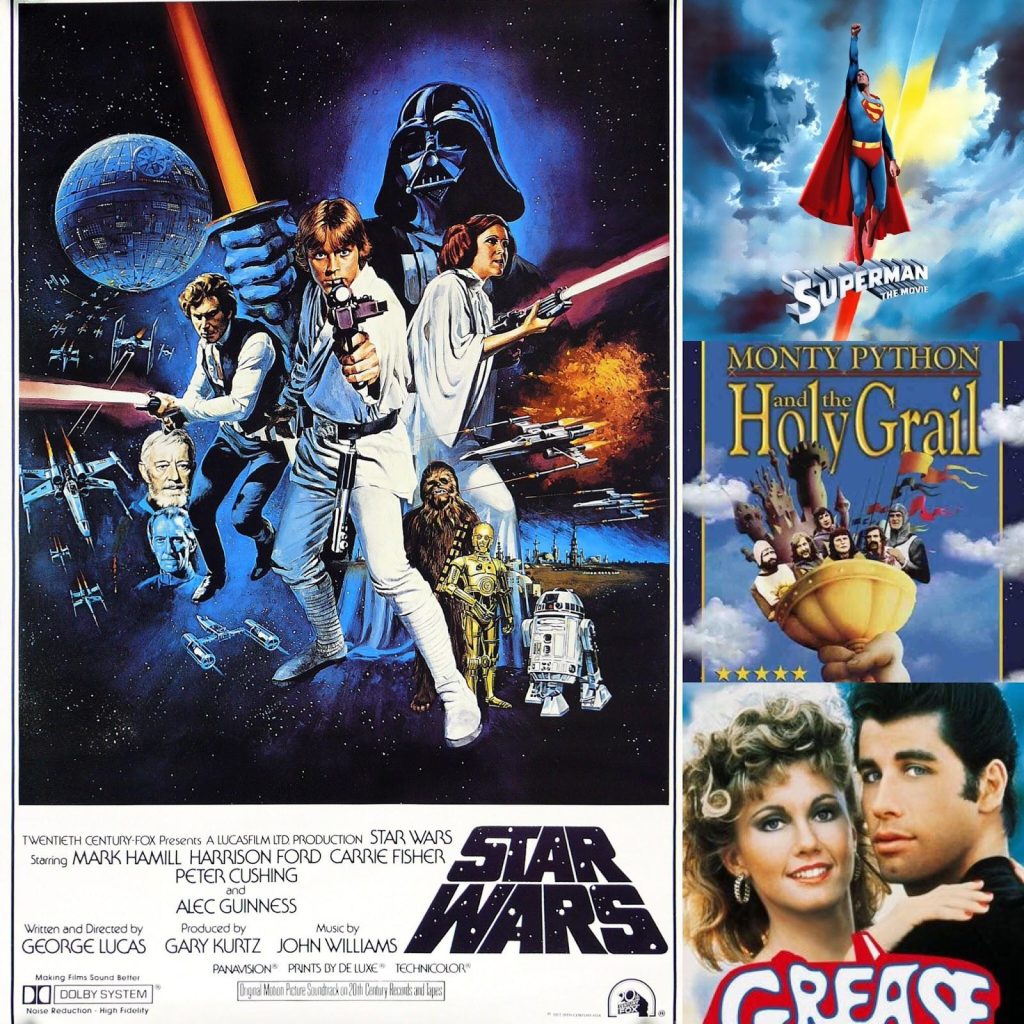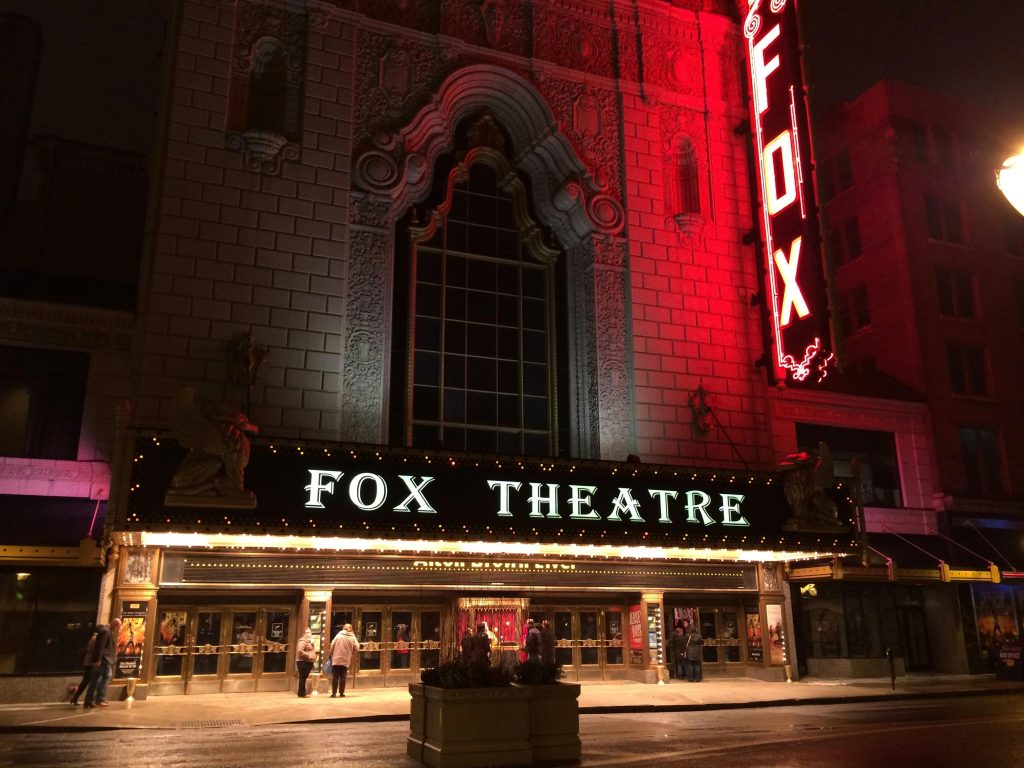In the ever-evolving landscape of entertainment, a curious phenomenon is capturing the imaginations of audiences worldwide: the meteoric rise of fantasy TV shows. Once dominated by epic blockbusters on the silver screen, the realm of dragons, magic, and mythical quests is now finding a new home on the small screen. This shift in narrative power has sparked a fascinating debate: are fantasy TV shows becoming more popular than their cinematic counterparts? As streaming platforms and production studios pour resources into crafting sprawling sagas that enchant viewers episode by episode, the allure of immersive storytelling and character development seems to be reshaping the very fabric of fantasy entertainment. Join us as we delve into this captivating trend, exploring the factors fueling the ascent of fantasy television and what it means for the future of storytelling.
The Rise of Fantasy: TV Shows Capturing the Imagination
In recent years, the world of television has seen a dramatic surge in the popularity of fantasy series, captivating audiences with their intricate worlds and compelling narratives. This genre’s ability to craft immersive experiences is unparalleled, offering a level of depth and character development that often outshines their cinematic counterparts. Fantasy TV shows are not confined to the two-hour format of a movie, allowing for expansive storytelling that invites viewers to fully invest in the characters and their journeys.
Several factors contribute to this phenomenon, including:
- Complex World-Building: With multiple episodes and seasons, TV shows have the luxury to explore detailed worlds and lore.
- Character Development: Audiences can witness characters evolve over time, creating a stronger emotional connection.
- Diverse Storylines: The episodic nature allows for multiple story arcs, catering to varied viewer interests.
- Streaming Services: Platforms like Netflix and Amazon Prime have invested heavily in fantasy content, making it more accessible than ever.
These elements combine to create a compelling case for the rising dominance of fantasy TV shows in the entertainment landscape, inviting audiences to lose themselves in realms of magic and adventure like never before.

Behind the Screen: Analyzing the Shift from Cinema to Television
The allure of fantasy television shows has grown exponentially, drawing viewers away from traditional cinema experiences. Several factors contribute to this shift, making TV series a formidable contender in the realm of visual storytelling. Accessibility plays a crucial role, as streaming platforms like Netflix and Amazon Prime offer a vast library of fantasy series at the click of a button. Character development is another appealing aspect; TV shows have the luxury of time, allowing characters to evolve over multiple seasons, creating a deeper connection with the audience.
- World-building: Extended series offer the opportunity to explore complex worlds in greater detail.
- Community Engagement: Social media platforms facilitate ongoing discussions and fan theories.
- Budget and Technology: Advances in CGI and production budgets bring cinematic quality to the small screen.
While movies offer a concentrated dose of storytelling, fantasy TV shows cater to the craving for long-term immersion in imaginative universes. The episodic nature of television not only keeps viewers hooked but also invites them to become part of a growing community, where sharing theories and insights adds another layer of enjoyment to the experience.
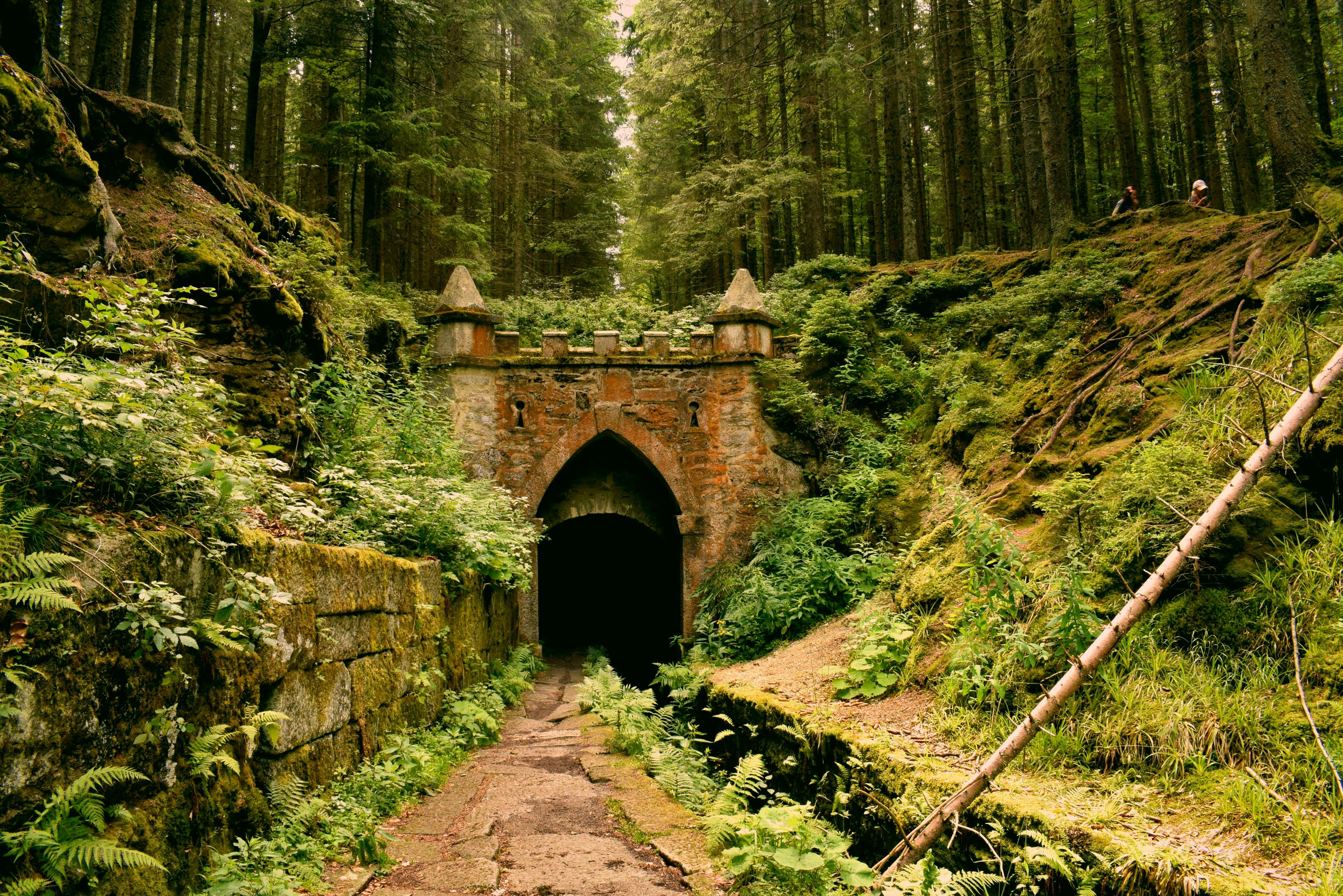
Crafting Worlds: How TV Budgets Are Transforming Fantasy Narratives
The rise of TV budgets has brought about a seismic shift in how fantasy narratives are crafted and consumed. With more funds available, television producers are no longer constrained by the limits that once bound their predecessors. The grand, sprawling worlds of our favorite fantasy novels are now given the room to breathe, explore, and enchant viewers over the course of multiple seasons. Lavish set designs, high-quality CGI, and intricate costumes bring these universes to life with an authenticity that was once the exclusive domain of big-budget movies.
Moreover, the episodic nature of television allows for a deeper dive into the complex lore and character development that are often glossed over in the two-hour runtime of a film. Consider the following advantages of TV shows over movies in the fantasy genre:
- Expanded storytelling: TV series provide ample time to explore subplots and character arcs.
- Audience engagement: Weekly episodes keep audiences returning, building community and anticipation.
- Risk-taking: TV shows can afford to take creative risks, exploring darker or more unconventional themes.
As a result, television has become a fertile ground for fantasy, offering a narrative depth and richness that captivates a growing audience hungry for immersive storytelling.

Future of Fantasy: Balancing Storytelling and Spectacle in TV and Film
In recent years, fantasy television has surged in popularity, outpacing its cinematic counterparts in both viewership and cultural impact. This shift can be attributed to the unique storytelling opportunities offered by the serialized format of TV shows. Unlike movies, which are often constrained by a two-hour runtime, TV series have the luxury of time to delve into intricate plotlines, develop complex characters, and build expansive worlds. This depth of storytelling allows viewers to become more deeply invested in the narrative and characters, creating a more immersive experience.
- Character Development: TV shows can explore character arcs over multiple seasons, offering nuanced portrayals that movies often can’t.
- World-Building: Extended series allow for a more detailed and gradual unveiling of fantasy worlds, enhancing viewer engagement.
- Narrative Complexity: Serialized storytelling supports intricate plots that can weave together various storylines and themes.
However, the spectacle of fantasy cinema, with its grandiose visuals and special effects, remains unmatched. The challenge lies in finding a balance between storytelling and spectacle, ensuring that neither overshadows the other. As technology advances, TV productions are increasingly able to rival the visual quality of films, further blurring the lines between the two mediums. This evolving landscape presents exciting opportunities for creators to craft stories that are both visually stunning and richly told, redefining the future of fantasy entertainment.

